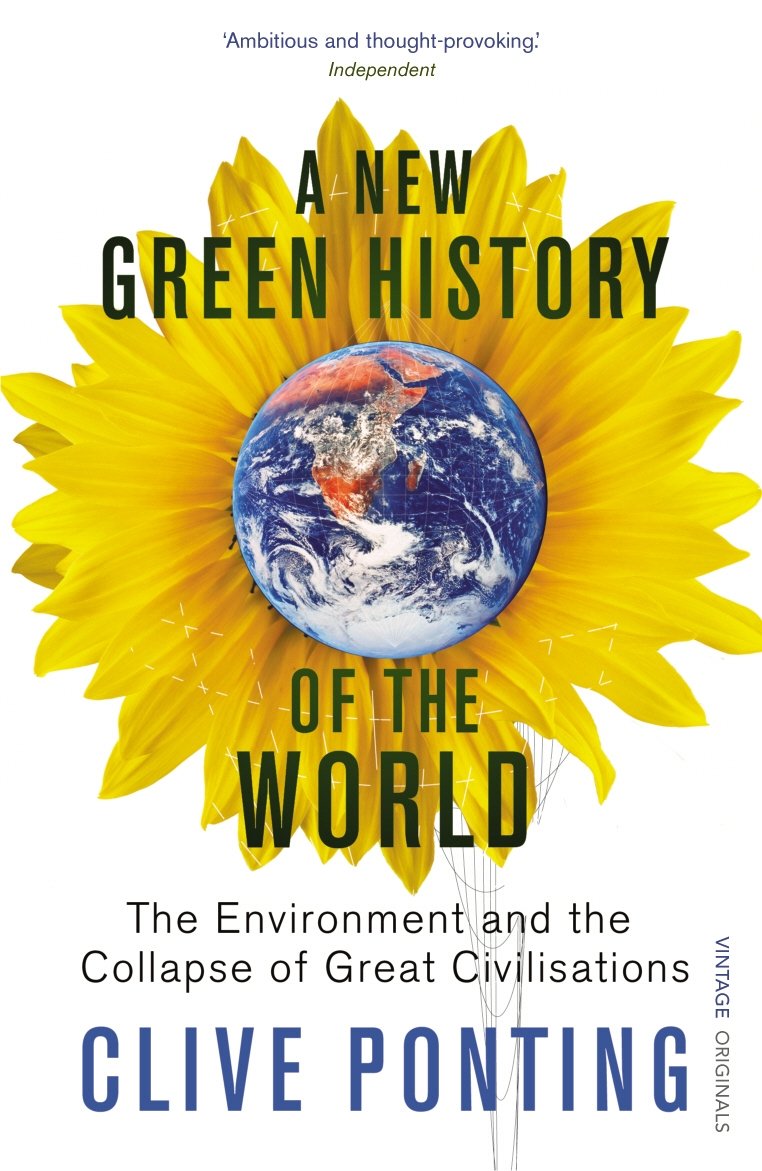A New Green History of the World

The importance of humanity's relationship with our environment didn't start with the release of Silent Spring, or the industrial revolution. How we have treated our environment has been affecting the rise and fall of civilisations for thousands of years.
This wonderful and important book talks in detail about a number of things I've already been aware of but hadn't been put in a way that reached me so deeply before. Our extinction of species which has a long history is illustrated with tales such as the demise of the American Passenger Pidgeon. These examples were profound and will stay with me forever.
The sections which were primarily of interest to me showed the attitudes it showed of people before the "environmental age" to the world around them. The natural world was something dark, mysterious, needing to be controlled. I think this is an important message, that people don't naturally have an affinity for the environment, that many people wouldn't see why they shouldn't kill the last members of some species if it means they could get a bigger car. Continually work needs to be done to imbue people with an understanding of the beauty of nature and their interconnectedness with it.
The main thing which has echoed in my mind since reading it is the primary importance of food in the human story. I guess it's a sign of my own alienation from the production of food, as so many of us are in this society, which made reading a book like this so corrective to my historical view. This tale of the primary importance of our relationship with the environment in the fundamental task of feeding ourselves is also a warning for the modern age. Many of the greatest civilisations in human history had soil depletion as a primary cause in their downfall.
The general outline of how this happens is quite simple, the population grows to whatever point can be sustained by the available nutrition, the higher the population grows, the more pressure is placed on existing farmland to produce higher yields, the higher yields deplete the soils of the nutrients required to produce the crops, farm yields crash, the civilisation weakened thus fades into history or is overtaken by outsiders.
We have technology which can increase our production of more crops from less land, and extend the exploitation of the natural world into new areas. If we ignore the cost this inflicts on the environment however, we may put off the inevitable biological response to over-exploitation for some time, but not indefinitely.
In the Anthropocene the green history of the world is our history. We are a piece of the environment and a book like this is an important lesson for reminding ourselves of that. One of my favourite books for the new perspective it gave me on the world around us.
Find this book
Search for a second hand copy of A New Green History of the World on World of Books